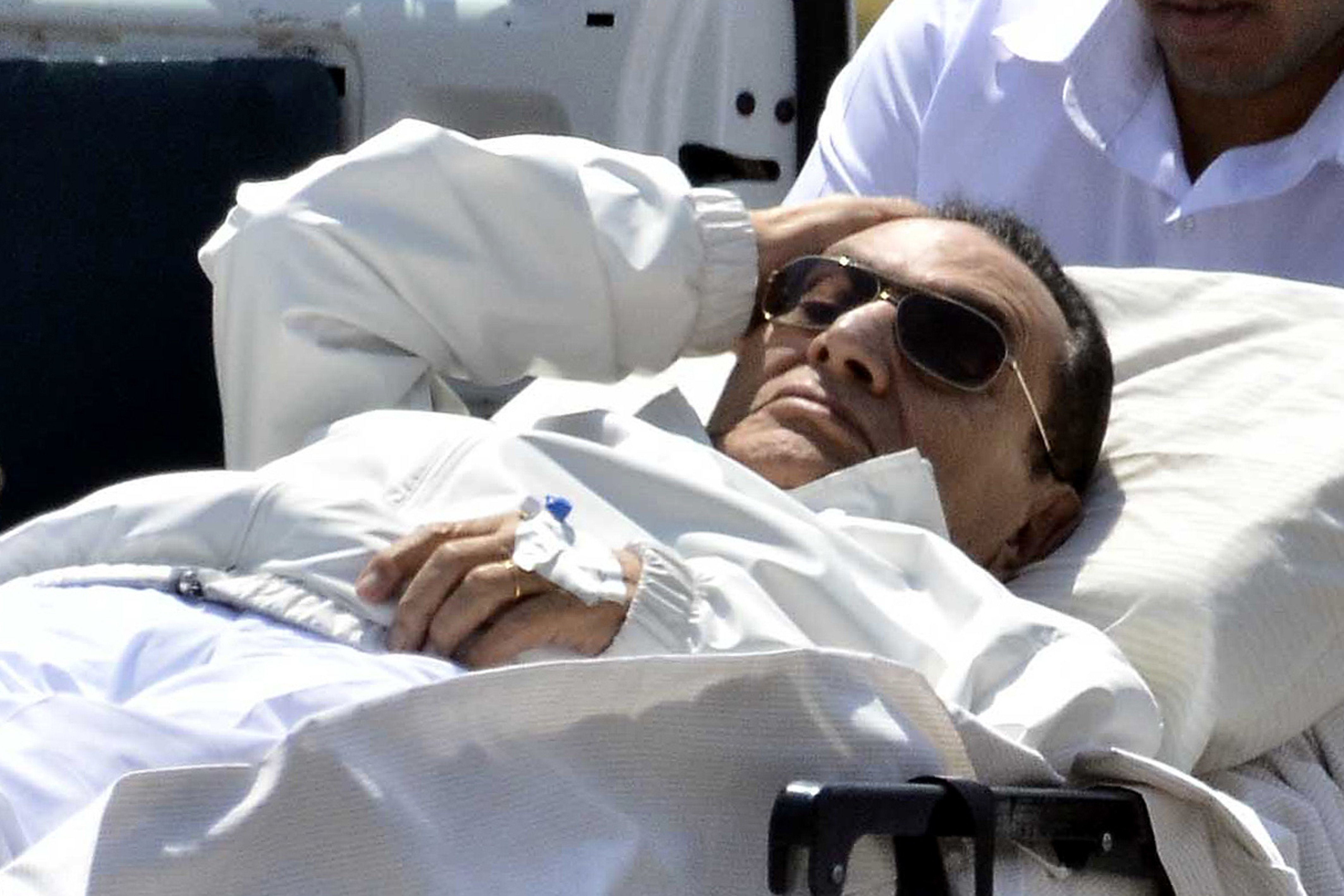
(AFP File Photo)
After President Abdel Fattah Al-Sisi’s two visits to Russia, one in February 2014 while he was still serving as interim defence minister, and another in August after he officially ascended office, Russian president Vladimir Putin arrived on Monday to excavate Cairo.
Ties between the two countries are at their best for the first time in quite a long period, with the two presidents reactivating strategic relations and conducting agreements to enhance their military and economic situations, according to Al-Ahram Center for Strategic Studies’ Mohamed Abdel Qader’s analysis.
Egypt is moving towards the East, aiming at China for economic relations and Russia for military ones, Abdel Qader believes.
Opening up to Eastern countries does not mean closing doors in the face of the West, Abdel Qader asserted. “It is part of a consistent strategic plan,” he said.
As for Russia, the federation is aspiring to strengthen its relations in the Middle East, especially with the presence of the US’s hand in Iran and Syria.
US and Russian tension
Russia also wants to have military expansion in the region, Egypt included. It wants to have ships present and passing in Egypt’s ports, according to Abdel Qader stated.
Egyptian-Russian relations first bloomed under President Gamal Abdel Nasser in the mid-1950s. Abdel Nasser turned to the Soviet Union when the US cut its financial and political support during the Cold War, and as part of his anti-imperialist policy.
The similarity of the situation now and with Nasser is that both Egypt and Russia are forced into having stronger ties, said Abdel Qader. “However, the Cold War is over. There will be a gradual normalisation of Egypt’s relations with the US.”
President Anwar Al-Sadat made a sharp turn from his predecessor, kicking out Russian experts in 1972. Egypt became a strategic partner of the US, and its second biggest aid benefactor after Israel.
The US partnership continued to thrive under toppled president Hosni Mubarak’s reign, which lasted for 30 years.
The exception was between 1995 and 2005; 10 years which witnessed some improvements in the Egyptian-Russian relations after Egypt came under pressure from the US to accept military forces in its ports.
The decade left Russia the second largest source of weapons in the Egyptian security ranks.
“The Egyptian-US relations will not go back to the state it was in during the Mubarak era,” Abdel Qader said.
Under ousted president Mohamed Morsi, the Muslim Brotherhood, to which he is affiliated, provided monetary aid to push forward the country’s ties with Russia. However, Russia received the tactic lukewarmly, for its “revolutionary ways” are opposed to those of the Brotherhood’s, and it has a bitter history with Islamists, according to Abdel Qader.
Egyptian-US relations have only worsened since the ouster of president Mohamed Morsi in July 2013.
“The US is using political and military tools to pressure Egypt to re-incorporate the Muslim Brotherhood in the political scene. It has frozen some aid and military agreements. The decision to go East will contribute in consolidating the Egyptian-US relations.” Abdel Qader asserted.
“Egypt is expanding its alliance pattern with all big world powers, as well as emerging ones. It is undergoing a global outreach in its foreign relations to include South Africa, Latin America and Europe,” he said.
Egypt wants to broaden its foreign relations in all directions, including all major and emerging global power, with the priority of boosting its armed forces’ strength, Abdel Qader concluded.


